Study finds GHG emissions from corn ethanol now 46% lower than gasoline
Green Car Congress
JANUARY 27, 2021
A new study by a team from Environmental Health & Engineering (EH&E) has found that greenhouse gas emissions from corn ethanol are 46% lower than those from gasoline—a decrease in emissions from the estimated 39% done by previous modeling. EH&E) and Adjunct Professor of Environmental Health at Harvard’s T.H. —Scully et al.




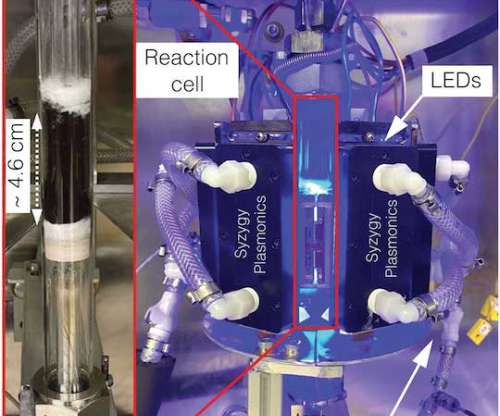


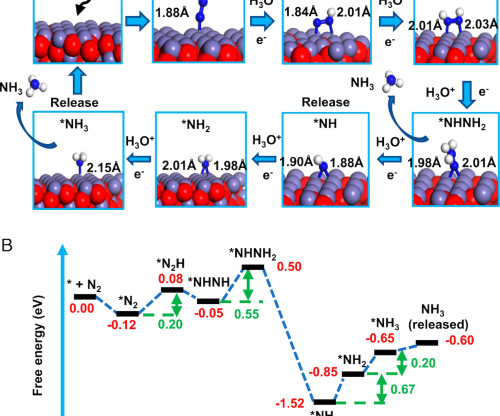



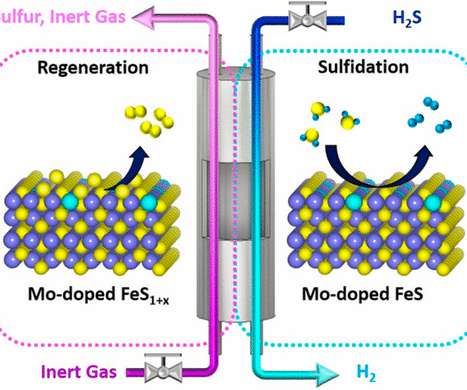
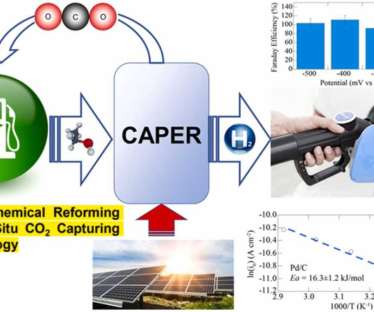

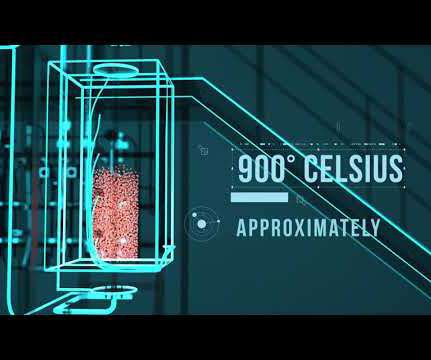



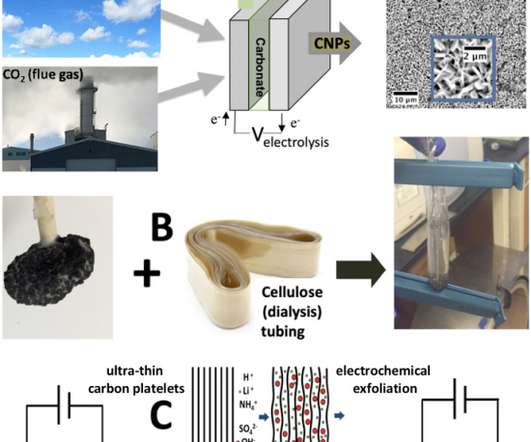

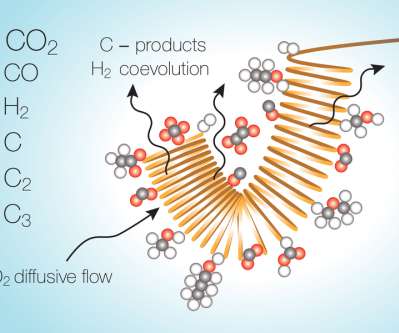



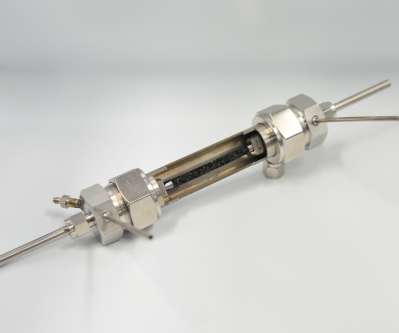








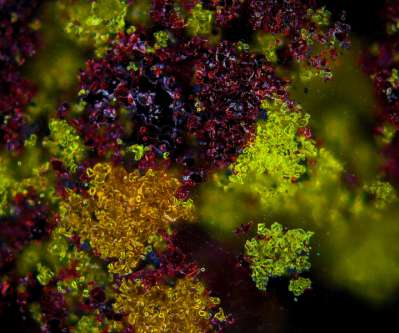






Let's personalize your content